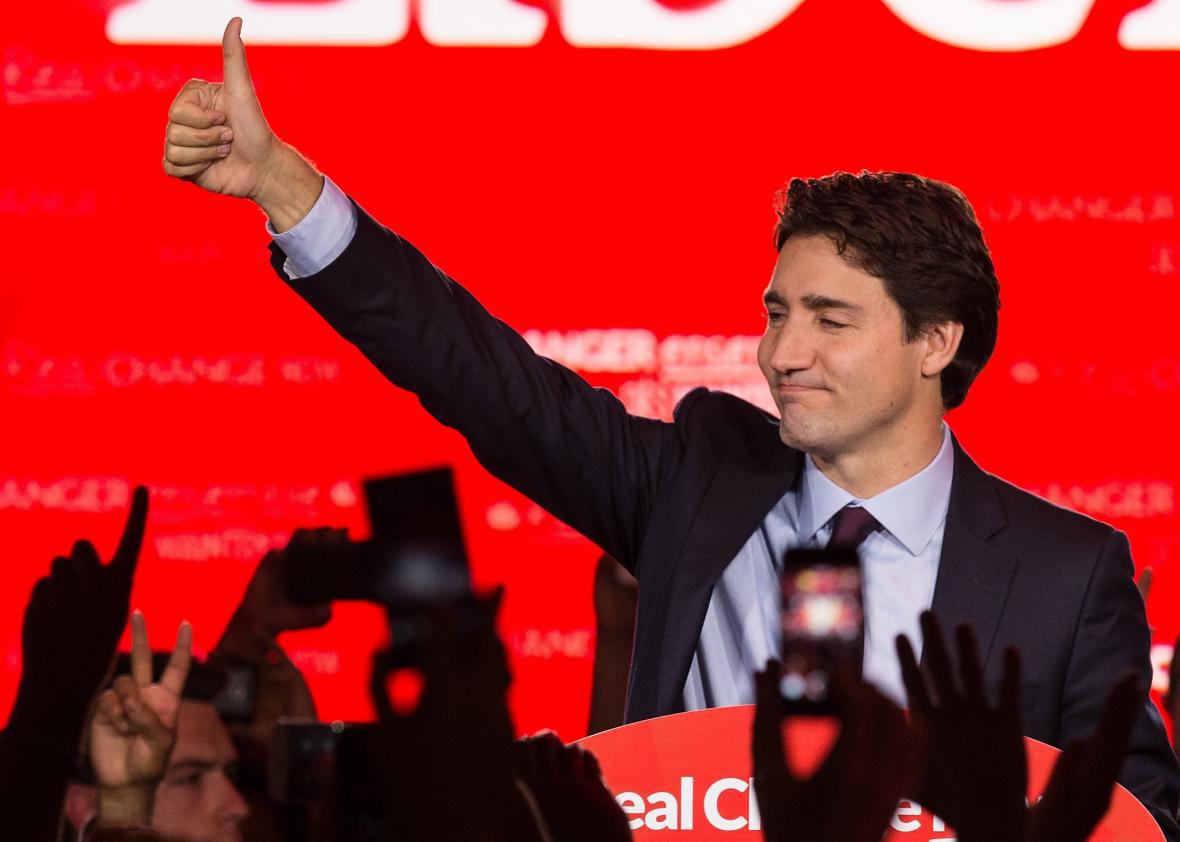Economic Hurdles Facing Canada's Incoming Prime Minister

Table of Contents
Inflation and Interest Rate Hikes: A Tightrope Walk
Canada's inflation rate remains stubbornly high, significantly impacting both consumers and businesses. The Bank of Canada has responded with aggressive interest rate hikes, aiming to cool down the economy and curb inflation. However, this strategy carries considerable risks.
- Rising cost of living: The increased cost of essential goods and services, fuelled by inflation, is disproportionately impacting low and middle-income families, squeezing household budgets and reducing consumer spending power. This impacts economic growth and can lead to social unrest.
- Increased borrowing costs: Higher interest rates make borrowing more expensive for businesses, impacting investment decisions, hindering expansion plans, and potentially leading to job losses. This creates a ripple effect throughout the economy.
- Recessionary risks: The aggressive interest rate hikes increase the risk of a recession, a scenario where economic activity declines significantly. This would lead to job losses, reduced consumer confidence, and a further slowdown in economic growth.
- The need for a balanced approach: The Bank of Canada needs to carefully balance its fight against inflation with the need to avoid triggering a deep recession. Finding this delicate balance is crucial for maintaining economic stability.
Housing Affordability Crisis: A National Emergency
Canada is grappling with a severe housing affordability crisis, particularly in major cities like Toronto and Vancouver, but also increasingly affecting smaller urban centers. Soaring house prices, far outpacing wage growth, have made homeownership a distant dream for many Canadians.
- Soaring house prices: The combination of low inventory, strong demand, foreign investment, and speculation has driven housing prices to unsustainable levels in many parts of the country.
- Impact on young Canadians: Young Canadians and first-time homebuyers are particularly hard-hit, facing insurmountable barriers to entering the housing market. This has significant implications for future economic participation and wealth building.
- The need for increased supply and affordability measures: Addressing this crisis requires a multi-pronged approach that includes increasing the housing supply through supportive policies for developers, investing in social housing initiatives to provide affordable rental options, and implementing measures to curb speculation and foreign investment in the housing market.
- Potential solutions: Tax incentives for developers to build more affordable housing, increased funding for social housing programs, stricter regulations on foreign buyer activity, and exploring innovative housing models are potential solutions to explore.
Global Economic Uncertainty: Navigating Choppy Waters
Canada's economy is not immune to global economic shocks. The ongoing war in Ukraine, persistent supply chain disruptions, and the risk of a global recession pose significant challenges. Key Canadian industries, such as the resource sector and tourism, are particularly vulnerable to these external forces.
- Supply chain disruptions: Ongoing supply chain bottlenecks continue to impact the manufacturing sector and the availability of consumer goods, contributing to inflation and price volatility.
- Energy price volatility: Fluctuations in global energy prices have a direct impact on inflation and the Canadian economy’s overall performance, affecting everything from transportation costs to consumer energy bills.
- Geopolitical risks: Geopolitical instability and uncertainty can significantly impact investor confidence, leading to capital flight and reduced investment in the Canadian economy.
- Diversification strategies: To mitigate these risks, Canada needs to diversify its trade relationships, reduce reliance on specific export markets, and invest in sectors less susceptible to global shocks.
Navigating Trade Relations: A Delicate Balancing Act
Canada's economic prosperity is deeply intertwined with its trade relationships with major partners, including the US, China, and the EU. Maintaining strong and mutually beneficial trade relationships is crucial, but navigating potential trade disputes and trade imbalances requires careful diplomacy and strategic planning.
- Maintaining strong trade relationships: Canada needs to actively cultivate and strengthen its trade relationships with key partners to ensure access to markets and secure its economic future.
- Addressing trade imbalances: Addressing existing trade imbalances and diversifying trade partners to reduce reliance on specific markets is key to resilience.
- Negotiating favorable trade agreements: Canada must actively participate in and negotiate favorable trade agreements that protect its interests and promote its exports.
Conclusion: Charting a Course Through Economic Challenges
The incoming Prime Minister of Canada faces a formidable set of economic challenges. Addressing inflation, tackling the housing crisis, and navigating global economic uncertainty will require strong leadership, innovative policies, and a clear vision for Canada's economic future. The success of the new government will hinge on its ability to effectively manage these complex issues and create a stable and prosperous economy for all Canadians. Understanding Canada's economic challenges is crucial for informed citizens. Stay updated on the latest developments regarding Canada's economic challenges and the policies proposed by the incoming government to overcome them. Engage in the conversation and demand responsible economic leadership for a prosperous Canada.

Featured Posts
-
 Ftc Commissioners Fight For Reappointment
Apr 30, 2025
Ftc Commissioners Fight For Reappointment
Apr 30, 2025 -
 South Africa Ramaphosa Approves Commission On Apartheid Atrocities
Apr 30, 2025
South Africa Ramaphosa Approves Commission On Apartheid Atrocities
Apr 30, 2025 -
 Live Coverage Massive House Fire And Explosion In Yate
Apr 30, 2025
Live Coverage Massive House Fire And Explosion In Yate
Apr 30, 2025 -
 Clases De Boxeo Edomex Inscribete Ahora Solo 3 Dias
Apr 30, 2025
Clases De Boxeo Edomex Inscribete Ahora Solo 3 Dias
Apr 30, 2025 -
 Andhra Pradesh Schneider Electric Invests In Education Via Vignan University Partnership
Apr 30, 2025
Andhra Pradesh Schneider Electric Invests In Education Via Vignan University Partnership
Apr 30, 2025
